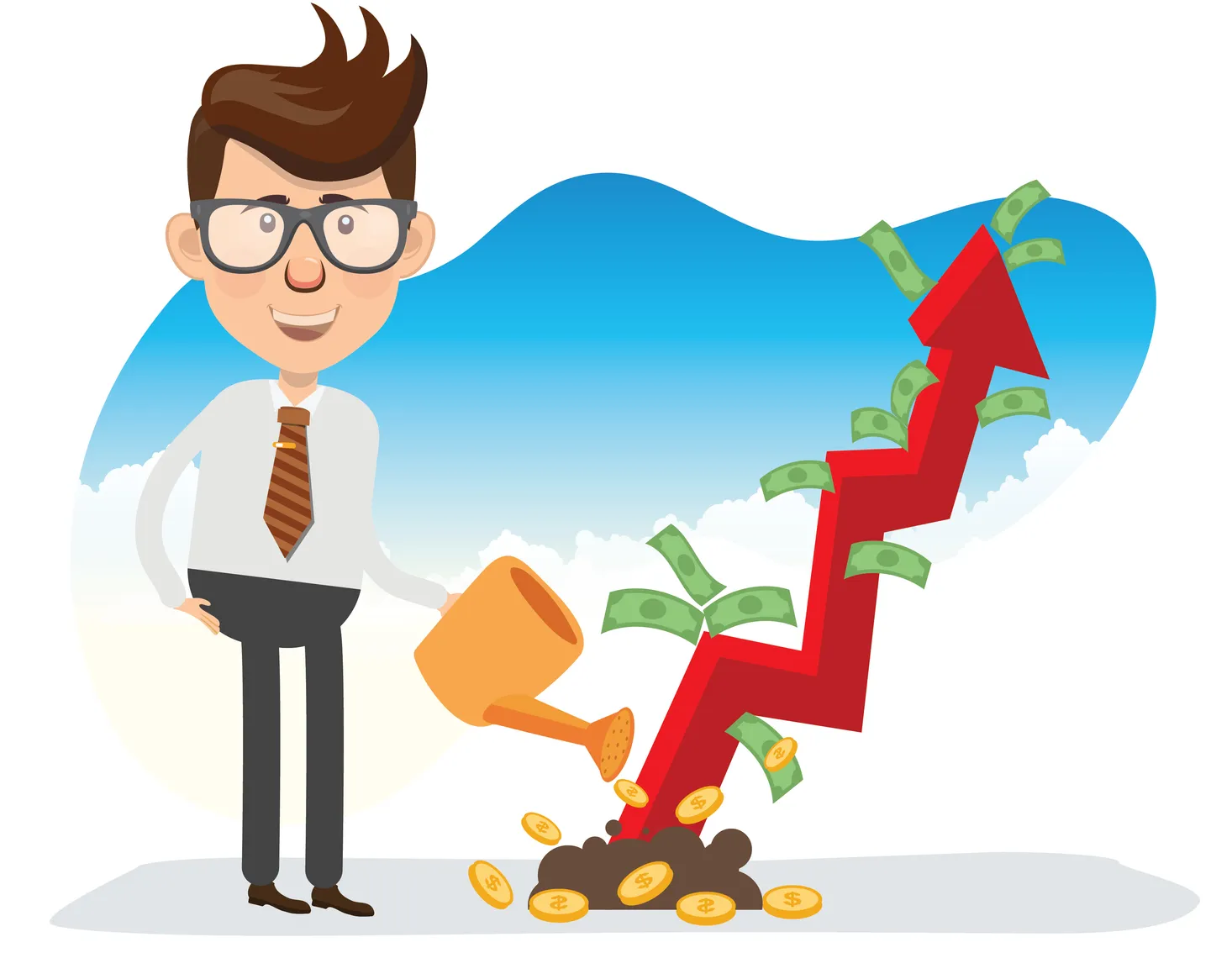What is a market distortion?

A market distortion refers to an event in which a governing body intervenes in a market. Generally, it sees the market clearing price for an item significantly differing from the price that a market would achieve while operating under conditions of perfect competition.
Key takeaways
A market distortion occurs when a governing body intervenes in a market, causing the market clearing price to differ significantly from what it would be under perfect competition.
Government subsidies to farmers exemplify market distortion, where payments make farming economically feasible and create artificially high supply levels to ensure affordable food for the nation.
While market distortions may not always be economically efficient, they generally intend to enhance society's welfare and can take forms such as price floors and price ceilings.
Markets can become distorted when a single business holds a monopoly, leading to lack of competition and typically higher prices, sometimes requiring government intervention.
When open and free competition is prevented, it causes problems for both consumers and private sector businesses that follow standard procurement procedures.
Where have you heard about market distortions?
An example of market distortion is a government subsidising farming activities. By paying farmers subsidies, a farmer's job becomes economically feasible and they're able to create artificially high supply levels, which in turn helps to ensure the nation can afford to eat/drink.
What you need to know about market distortions.
Market distortions may not always be economically efficient, but they generally intend to enhance a society's welfare. As represented in the example above, markets can become distorted when a single business holds a monopoly and a lack of competition typically leads to higher prices - and in some cases, this requires the government to intervene. When open and free competition is prevented, it causes problems for both consumers and private sector businesses following standard procurement procedures. Other forms market distortions can take is price floors and price ceilings.